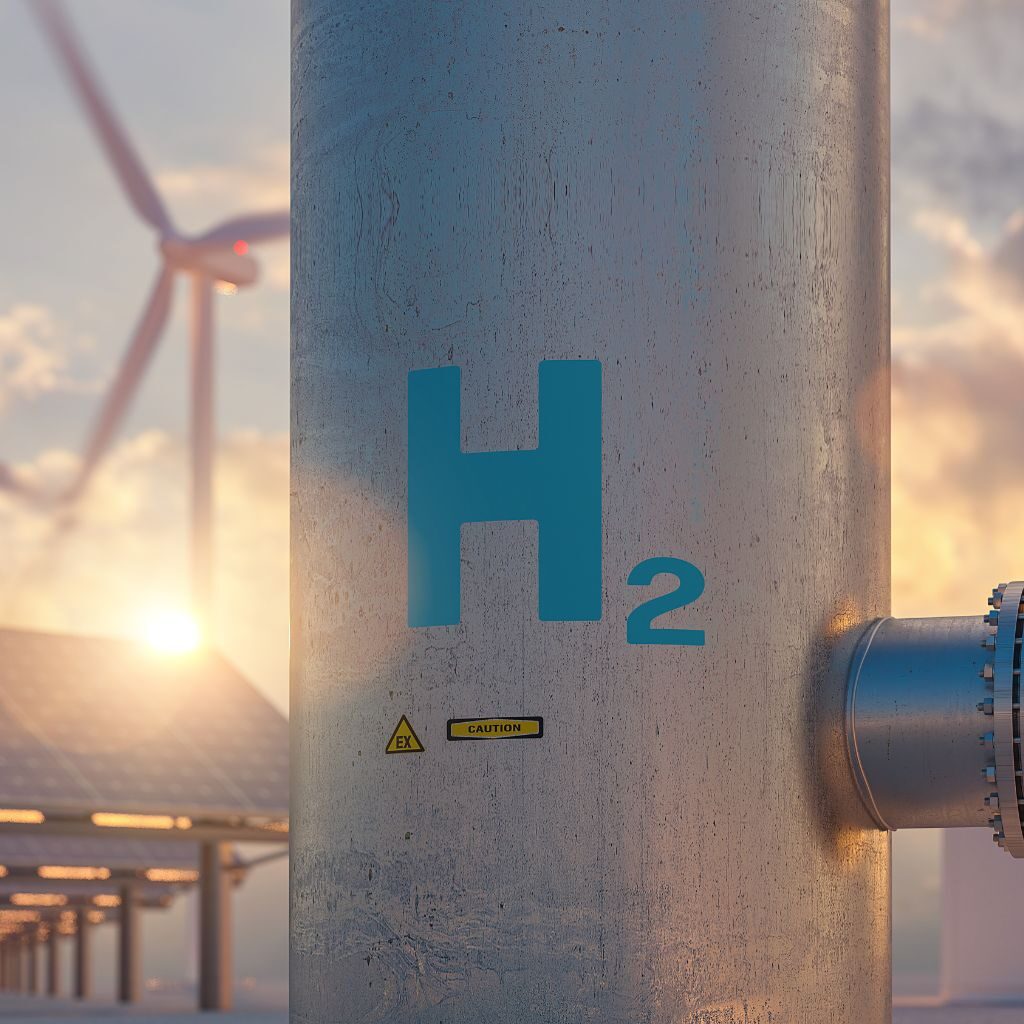New success for RTD Talos!
We have been notified by the European Commission that our HYPRAEM proposal has been approved for funding.
The project has a total budget of €3,998,105.69 and has as its subject: High-pressure anion exchange membrane electrolyzers for large-scale applications.
Our partners participating in the project are:
- DANMARKS TEKNISKE UNIVERSITET DK
- HyET Electrolysis B.V. NL
- INDUSTRIE DE NORA SPA-IDN IT
- RTD TALOS LIMITED CY
- NEDERLANDSE ORGANISATIE VOOR TOEGEPAST NATUURWETENSCHAPPELIJK ONDERZOEK TNO NL
- ORSCHUNGSZENTRUM JULICH GMBH DE
- 2B2 ELECTROLYSIS TECHNOLOGIES SL ES
- TOTALENERGIES ONETECH FR
- ECOLE POLYTECHNIQUE FEDERALE DE LAUSANNE CH
- HAUTE ECOLE SPECIALISEE DE SUISSE OCCIDENTALE CH

The project:
The HyPrAEM project aims to develop a disruptive Anion Exchange Membrane Electrolyzer (AEMEL) stack and BoP layout capable of producing hydrogen directly at 100 barg, enabling direct integration into the thermochemical industry. The 100 kW/100 bar AEMEL stack, with an active area of 500 cm2 will be demonstrated for > 3000 h under both continuous and discontinuous operation at the site of an end user. integrating wind, solar, batteries, and HyPrAEM’s electrolyzer, to push the AEMEL technology to TRL 5. The stack will operate at a nominal current density of 2 A/cm2 at
1.75 V per cell with an efficiency of ~ 85%, corresponding to an energy consumption of ~ 46.9 kWh/kg.
The proposed stack will include consortium-developed CRM-free/lean electrocatalysts (0-0.05 mg/W), high-performance (reinforced) AEM membranes, separately optimized ionomers for cathode and anode, and microstructure-optimized porous transport layers and membrane electrode assemblies (MEA). All components will be optimized for high differential pressure operation and durability, exploiting the Consortium’s unique capabilities for high-pressure testing. Round Robin testing and harmonization between all partner testing facilities will be carried out to ensure consistency and interoperability. Specific AST protocols will be developed and validated within the project to assess and optimize the degradation characteristics of specific components within the MEA and the stacks. Multi-physics models and a digital twin for the 100 kW stack will be developed to further aid the understanding and optimization of the component and stack design, and to support the operation of the system.
Sustainability and recycling aspects will be addressed, and comprehensive techno-economic and life cycle assessments will be conducted.
Dissemination and exploitation will be proactively pursued to maximise the impact of the developments within HyPrAEM.
